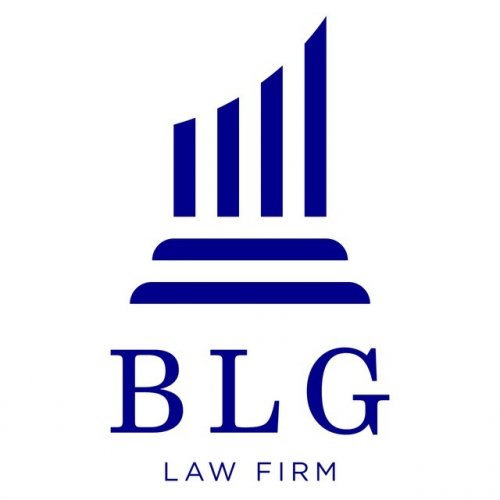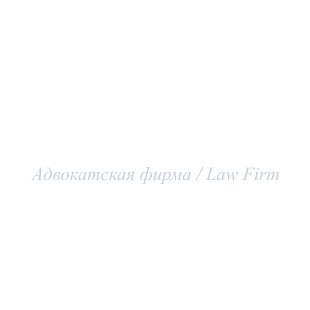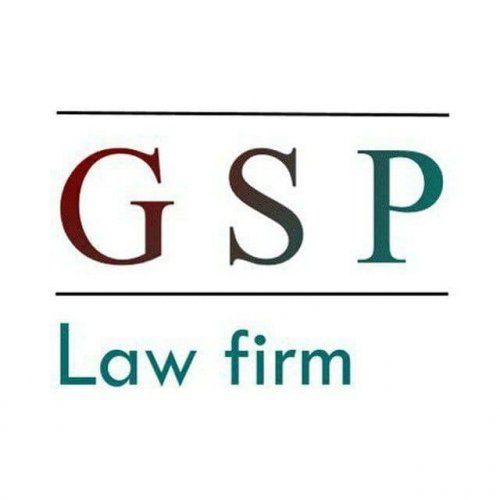Best Creditor Lawyers in Uzbekistan
Share your needs with us, get contacted by law firms.
Free. Takes 2 min.
Or refine your search by selecting a city:
List of the best lawyers in Uzbekistan
About Creditor Law in Uzbekistan
In Uzbekistan, creditor law is a vital component of the financial and legal system, designed to regulate the relationships between creditors and debtors. This area of law encompasses debt collection practices, the enforcement of debts, and the rights and obligations of both parties involved. The legal framework ensures fair treatment and protection for creditors while safeguarding the rights of debtors. Understanding creditor law in Uzbekistan is crucial for businesses and individuals engaging in financial transactions within the country.
Why You May Need a Lawyer
Engaging with creditor law can often be complex and challenging, which makes it essential to seek legal assistance in various situations, including:
- When pursuing debt collection, whether as a business or an individual, especially if debtors are non-compliant.
- If you're a business issuing credit and need assistance drafting agreements that protect your financial interests.
- When you need help understanding your rights as a creditor or the legal processes involved in debt recovery.
- In cases of bankruptcy where debts may not be recovered, a lawyer can help assess available options.
- If facing legal disputes related to a creditor-debtor relationship.
Local Laws Overview
The key aspects of creditor law in Uzbekistan include:
- Contract Law: Credit relationships are often formalized through contracts, governed under Uzbekistan's civil code.
- Debt Recovery Procedures: Legal procedures for debt recovery include judicial and non-judicial processes to enforce the payment of debts.
- Bankruptcy Law: Regulations concerning the insolvency of debtors, with provisions for equitable treatment of creditors.
- Interest Rates and Usury Laws: There are regulations controlling the amount of interest that may be charged on debts.
- Consumer Protection: Laws ensuring fair practices and balanced relationships between creditors and consumers.
Frequently Asked Questions
What is the role of a creditor?
A creditor is an entity or individual to whom money is owed, typically providing loans or other credit arrangements.
What steps should a creditor take for debt recovery?
Creditor should first issue a formal demand for repayment, followed by legal action if necessary, such as filing a lawsuit or using debt collection agencies.
How long do creditors have to collect a debt in Uzbekistan?
Uzbekistan's statute of limitations for most debts is typically three years, though this period can vary with certain types of debt.
Are interest rates on debts regulated?
Yes, interest rates can be regulated to protect debtors from usurious charges; rates must comply with national banking laws.
What is bankruptcy and how does it affect creditors?
Bankruptcy is a legal status indicating a debtor's inability to repay debts, potentially resulting in creditors receiving partial payments or none.
Can a creditor take possession of a debtor's property?
A creditor may secure a court judgment to seize a debtor's assets, but this process requires legal proceedings under Uzbek law.
What happens if a debtor disputes the debt?
If disputes arise, both parties may engage in mediation, arbitration, or court proceedings, depending on the contract and circumstances.
Can non-residents be creditors in Uzbekistan?
Yes, non-residents can act as creditors, but they must comply with Uzbek regulations regarding foreign investment and businesses.
What is the difference between secured and unsecured debt?
Secured debt is backed by collateral, whereas unsecured debt is not, impacting collection efforts and risk levels.
How does one verify the legitimacy of a creditor?
Debtors should verify the creditor’s identity and registration with relevant regulatory bodies to ensure legitimacy.
Additional Resources
Consider reaching out to these organizations for further assistance:
- The Ministry of Justice of the Republic of Uzbekistan for legal standards and resources.
- Uzbekistan Chamber of Commerce and Industry for business-related creditor issues.
- Legal aid clinics and law firms specializing in commercial and financial law in Uzbekistan.
Next Steps
If you need legal assistance regarding creditor issues, consider taking the following steps:
- Consult with a legal practitioner specializing in financial or creditor law in Uzbekistan.
- Gather documentation: contracts, communications, payment records, and any other pertinent documents.
- Determine the scope of legal assistance required, be it debt recovery, drafting legal documents, or mediating disputes.
- Evaluate your legal options and devise a strategy in consultation with your lawyer.
Lawzana helps you find the best lawyers and law firms in Uzbekistan through a curated and pre-screened list of qualified legal professionals. Our platform offers rankings and detailed profiles of attorneys and law firms, allowing you to compare based on practice areas, including Creditor, experience, and client feedback.
Each profile includes a description of the firm's areas of practice, client reviews, team members and partners, year of establishment, spoken languages, office locations, contact information, social media presence, and any published articles or resources. Most firms on our platform speak English and are experienced in both local and international legal matters.
Get a quote from top-rated law firms in Uzbekistan — quickly, securely, and without unnecessary hassle.
Disclaimer:
The information provided on this page is for general informational purposes only and does not constitute legal advice. While we strive to ensure the accuracy and relevance of the content, legal information may change over time, and interpretations of the law can vary. You should always consult with a qualified legal professional for advice specific to your situation.
We disclaim all liability for actions taken or not taken based on the content of this page. If you believe any information is incorrect or outdated, please contact us, and we will review and update it where appropriate.
Browse creditor law firms by city in Uzbekistan
Refine your search by selecting a city.











